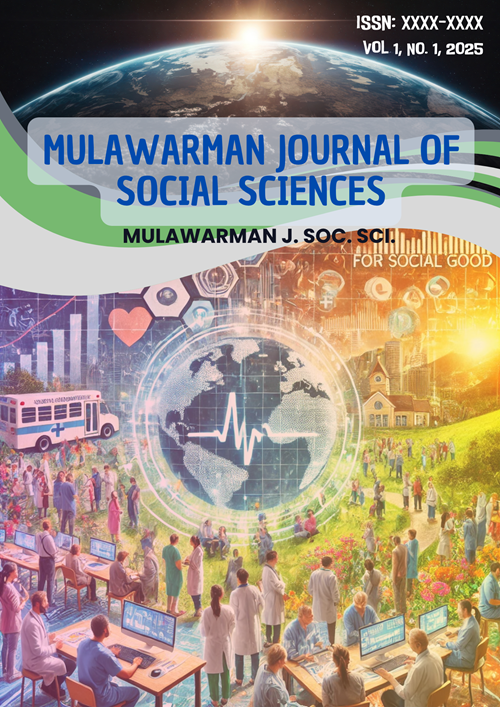Sacralising The Mudik Culture: A Case Study of East Kalimantan Migrants
Keywords:
Mudik (homecoming), Silaturrahim, Indonesian culture, East KalimantanAbstract
The presence of Covid-19 in early 2020 in Indonesia is proof that Mudik is still being carried out even though lives are at stake even to the point of pawning their valuables and sacralizing a culture that damages and oppresses the middle to lower economic community because it affects the weak purchasing power due to rising prices. The purpose of this research is to analyze Mudik behavior among people who identify as residents of East Kalimantan who come from outside and the theory used to analyze data using Bruno Nellt's theory, namely fieldwork by conducting observations, direct interviews with sources, and desk work. The method used is a qualitative method and data is collected through field visit observations and conducting interviews to obtain valid information to sources. The results of this study show that homecoming is caused by a strong desire to meet directly with both parents, especially mothers to just release longing, and silaturrahim to family and neighbors for those whose parents have passed away and this homecoming has become a tradition, many travelers have planned homecoming and it has become something that must be fulfilled. Homecoming is not postulated in the holy book but silaturrahim has been explained in the holy book so that the culture of homecoming is based on the postulate of silaturrahim and homecoming itself is something that is not regulated but has elements of goodness in it, meaning that it has become a culture of migrant communities that intersect with silaturrahim in a religious point of view but this sacralization is very detrimental to society in general.
Downloads
Published
Issue
Section
License
Copyright (c) 2025 Alamsyah, Nita Maya Valiantien, Ririn Setyowati, Fatimah Muhajir, Jonathan Irene Sartika Dewi Max

This work is licensed under a Creative Commons Attribution 4.0 International License.







